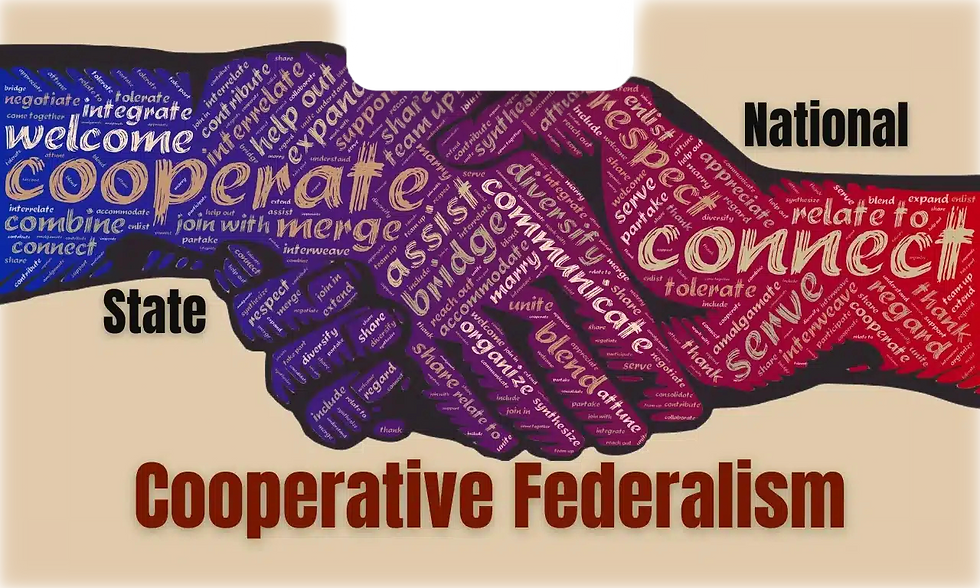Legislative Privileges and Immunities not Gateways to Claim Exemption from Criminal Law: Supreme Court
- Nishtha Singh and Alankrita Katiyar
- Jul 30, 2021
- 2 min read
Updated: Mar 30, 2025
The Supreme Court refused to withdraw criminal prosecution against six LDF members in case of State of Kerala vs K Ajith and Ors, SLP (Crl) No. 4009/2021; V. Sivankutty and others vs The State of Kerala, SLP(Crl) No.4481/2021). The state of Kerala and the accused raised an argument against the prosecution not being sustainable against the members for acts committed which are protected by legislative privileges under Article 194 of the Constitution. This argument was rejected by a division bench comprising Justices MR Shah and DY Chandrachud. They observed that legislative privileges cannot be claimed to seek exemption from the application of criminal law.
Further, the judgment authored by Justice DY Chandrachud traced the history of legislative privileges to the House of Commons and observed “a stand out feature which emerges from the privileges and immunities of the members of the House of Commons is the absence of an immunity from the application of criminal law”. The State and the accused relied on the judgment in PV Narasimha Rao vs State, AIR 1998 SC 2120 case to argue that the action of the respondent-accused inside the House was a form of ‘protest’. The Court repelled this argument as “unsatisfactory”. The judgment dealt with the aspect of right to vote in Parliament, as governed by Article 105(2), and did not deal with the ‘freedom of speech’ aspect.
It was noted that Articles 105 and 194 of the Indian Constitution, deals with privileges of the members of the Parliament and Legislative Assemblies respectively. The Court emphasized that freedom of speech is guaranteed to ensure that elected representatives are able to perform their duties in discharge of the trust placed upon them by the people. It was held by the Court that “acts of vandalism cannot be said to be manifestations of the freedom of speech and be termed as “proceedings” of the Assembly”. The Court further said that acts of destruction of public and private property in the name of protests should not be tolerated.





Comments